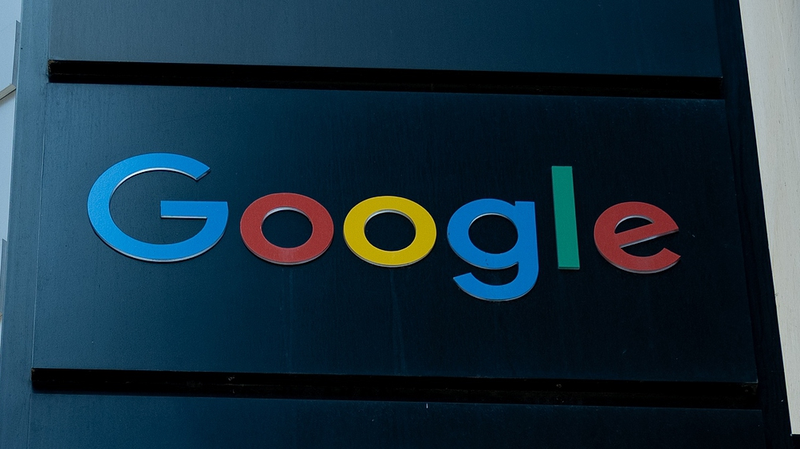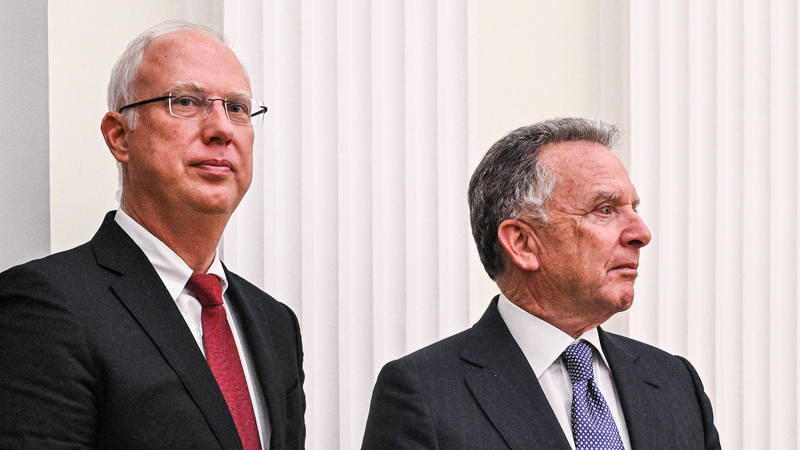In the wake of the European Commission’s landmark antitrust ruling, U.S. President Donald Trump fired back on Friday, accusing the EU of targeting American innovators. The bloc slapped a 2.95-billion-euro fine on Google for allegedly abusing its dominance in digital advertising, marking the fourth such penalty from Brussels.
President Trump slammed the EU’s decision in a post on Truth Social, calling it ‘very unfair’ that Europe ‘hit another great American company, Google, with a $3.5 billion fine’ and warning that ‘the American taxpayer will not stand for it.’
He vowed to invoke Section 301 of U.S. trade law to impose retaliatory tariffs, launching what could be a high-stakes tech trade showdown. Section 301 gives the White House authority to challenge what it sees as discriminatory foreign measures that harm U.S. businesses.
Brussels says Google gave its own ad exchange an illegal edge, harming publishers, advertisers and consumers by locking them into a single platform. Teresa Ribera, the European Commission’s top antitrust regulator, argued that the ruling is a step toward fairer competition in digital markets.
Google immediately announced plans to appeal, setting the stage for a drawn-out legal battle in Europe. Yet the dispute is already rippling through global tech and trade circles. Entrepreneurs and investors are watching closely: could tougher EU regulations prompt other regions to follow suit, reshaping the ad tech landscape worldwide?
The clash also revives broader tensions over digital policy in U.S.-EU trade talks. While Washington has pushed back against what it sees as overreach, Brussels is keen to hold Big Tech to strict standards, from data privacy to marketplace fairness.
For consumers and publishers, the verdict signals a push toward more transparent ad pricing—but also a possible increase in costs if tariffs hit real-world budgets. As both sides gear up for appeals and countermeasures, the outcome could redefine how global digital markets operate.
Reference(s):
cgtn.com




